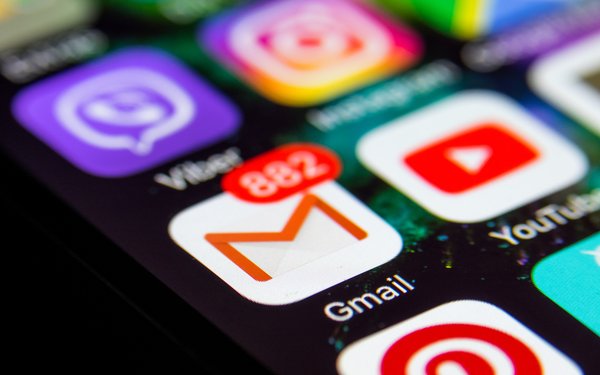
Google has been hit with the first ten of what could be
many lawsuits seeking individual damages for the firm’s practice of scanning emails for marketing purposes.
The law firm of Gallo LLP announced the actions this week, saying that it
represents consumers who never signed up for Gmail but had their email scanned anyway.
The law firm said it is now accepting clients who qualify for that class. The case is on file with
the U.S. District Court for the Northern District of California.
The charges are the same as those contained in a suit filed in 2015 by Daniel Matera. He alleged that Google violated the
Federal Electronics Communication Privacy Act and California Invasion of Privacy Act with its scanning practices. However, damages were not sought in that case.
“We excluded damages
claim from the Matera case because of the court’s ruling in related litigation, which suggested that individual questions of implied consent might preclude certification of a damages
class,” states Ray E. Gallo, senior partner at Gallo LLP.
advertisement
advertisement
Google announced last June that it would stop scanning the content of email for use in serving advertising. Gallo LLP contends
that this occurred after court decisions denying the firm’s challenges to the Matera suit, and that the court ordered it to halt the practice for three years. It adds that the search firm has
changed its architecture to do so.
Damage claims “remain viable for affected individuals during a short statute of limitations window,” Gallo states. These could total $5,000
per violation, resulting in billions of dollars in liability for Google, he adds.
U.S. District Court Judge Lucy Koh rejected a previous settlement that would have required Google to make some
technical changes to its scanning system.
Her reason, she said, was that it wasn’t clear how this would remedy the alleged violations of the federal wiretap law or California's privacy
statute.
She noted that the class-action attorneys stood to earn up to $2.2 million.
Gallo reports that it settled other cases against Google in 2016.